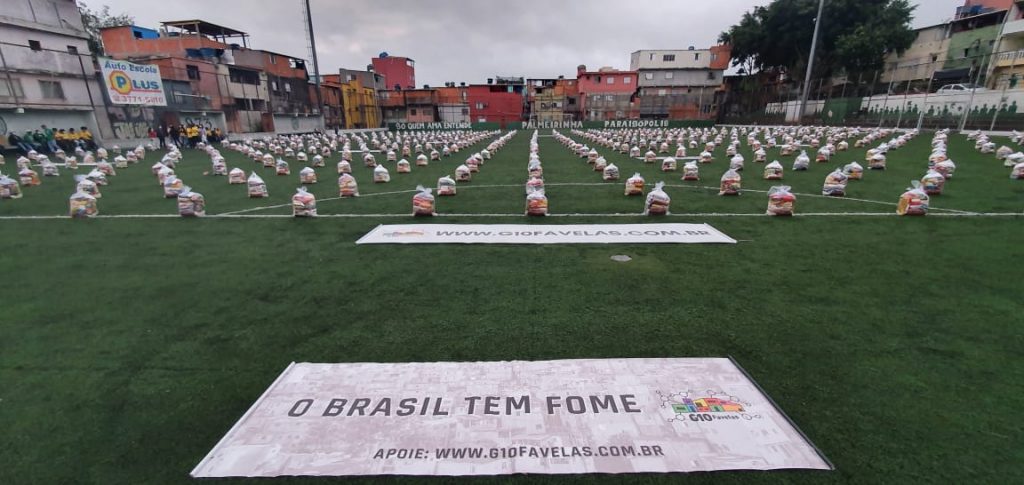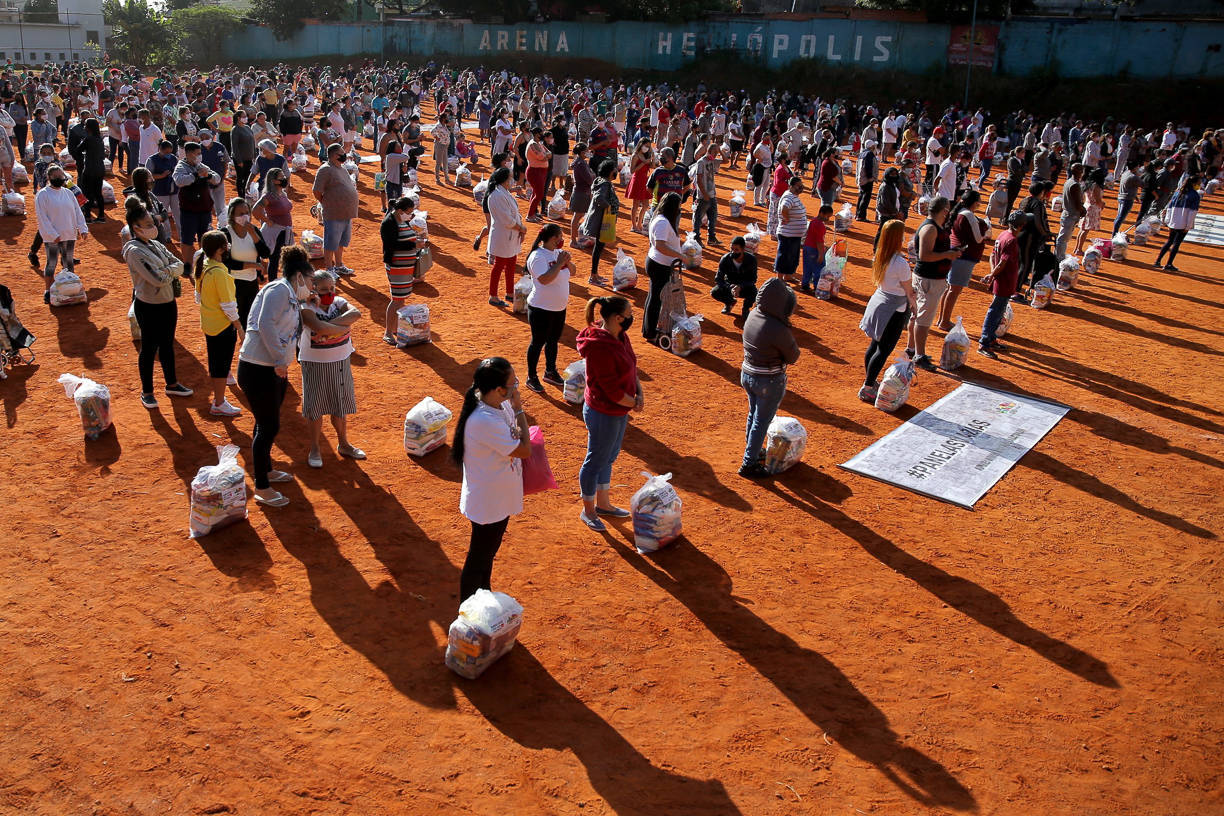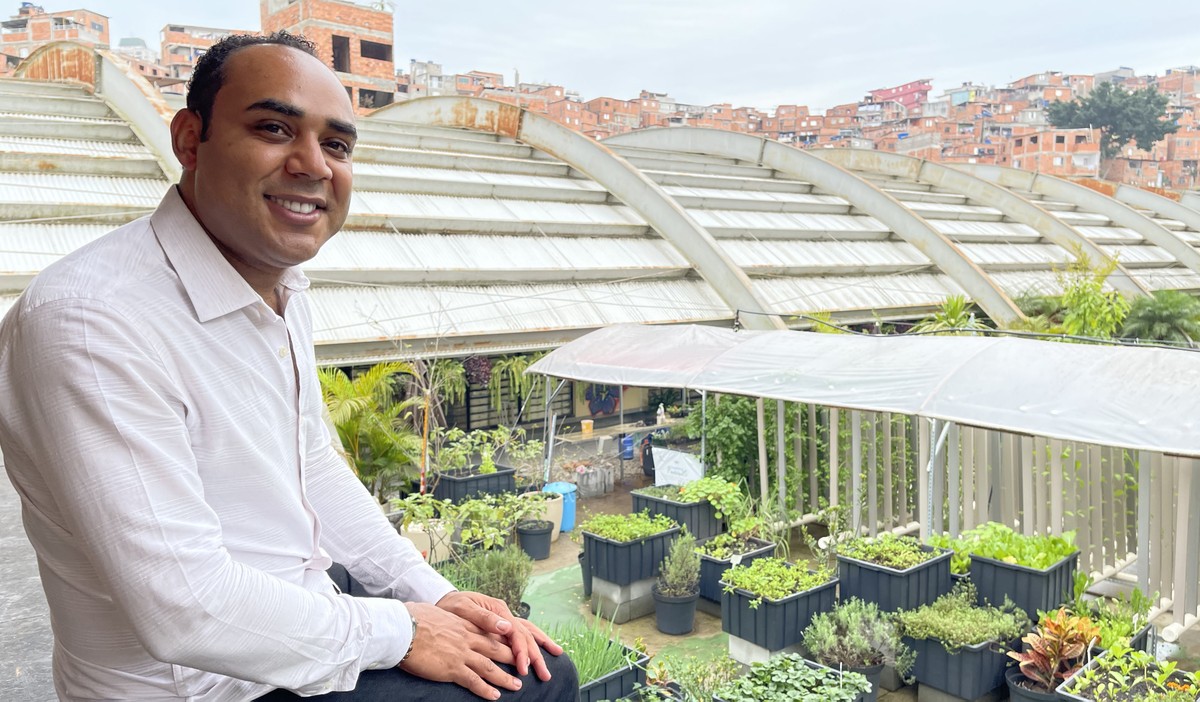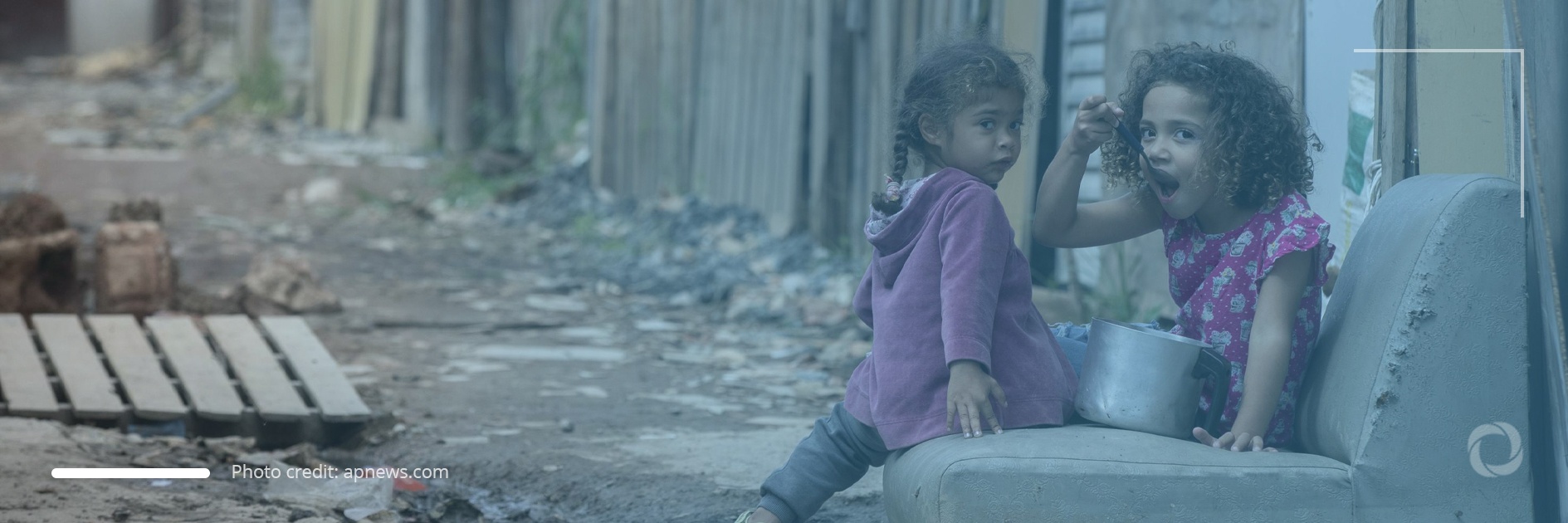DevelopmentAid visited a favela in Sao Paulo to show how the community is surviving during the pandemic as inequality rises and the poor rely more on donations.
On almost every street in São Paulo, the largest city in Brazil, it is common to see scenes of misery. In the last two years, the pandemic has aggravated this scenario. More than 27 million Brazilians, or almost 13% of the country’s population, live below the poverty line on less than US$1.5 a day which is the highest number in the last decade. Apart from the over 600,000 deaths caused by the pandemic, COVID-19 has also brought food insecurity to the daily lives of 116 million Brazilians.
Food insecurity in Brazil
Source: Brazilian Research Network on Sovereignty and Food and Nutritional Security (Penssan)
There are 14.1 million (13.7% of the population) unemployed people in Brazil according to the Brazilian Statistic Institute (IBGE). During the pandemic, the federal government paid annual emergency aid for poor people which totalled US$1,000 per family between 2020 and 2021. However, payment of this aid will end this month, in October, ending the prospect of an income for the poorest.

Favela life
DevelopmentAid visited Paraisópolis in São Paulo, one of the largest favelas (slums) in Brazil that is home to about 100,000 people. Eight out of 10 families who live in the community have not had the ability to feed themselves during the pandemic. Most children who live there can only eat when they go to school where breakfast and lunch are offered.
The country has more than 13,000 favelas spread in all 27 states. There are 5.1 million homes in degraded areas. Like in Paraisopolis, these areas shelter populations with more precarious socioeconomic, sanitation, and housing conditions. Many have small houses very close to each other which makes social isolation difficult and can facilitate the spread of COVID-19.
Historically, the poorest suffer from low education and unstable work in the labor market. According to DataFavela, about 80% of families in favelas have lost more than half of their income due to the coronavirus outbreak and 35% have no income at all.
NGOs’ aid – only hope
Hundreds of non-profit organizations are the only alternative to bring dignity to the poorest communities. They are usually formed by the residents themselves who organize into collectives. In Paraisopolis, they created the G10 Favelas NGO – a group of Favela social impact leaders and entrepreneurs who joined efforts for economic development and to take the leading role of the communities with the aim of economic and social development for these urban areas.

One of its activities is the daily donation of food. Long queues form daily, early in the morning and families seek any kind of donations. Lunchboxes are prepared by the cooks of the G10 Favelas and during the pandemic, they have helped more than 500,000 people and distributed more than 2 million meals.
Maria da Soledade used to work as a cleaner but she lost her two jobs.
“My level of quality of life has fallen. I had two jobs and I lost them. I don’t pay rent, but I don’t have any more income, I don’t have anything else. My life is to wake up in the morning, come to the line, grab my lunch, eat and go back to sleep”, says Soledade.
Last year the G10 Favelas distributed 10,000 meals per day but donations dropped in 2021 and the number of lunchboxes fell to 500. Many people who queued for food at the end of the day were left without having anything to eat.
“A regular house in Paraisopolis has five people living in one room. When they get food, it’s not just for only one. It’s for the family and neighbors”, explains Igor Alexander, G10 coordinator. “Hunger already existed, diseases already existed. You live over the sewer, house stink. Just now people start to see the favela’s pain. Before they only survived, today they only vegetate”, he says.
Food waste amidst hunger
But even with millions of people starving in the country, Brazil still ranks 10th in the world among the countries that waste the most food, according to the Food and Agriculture Organization. In soybean and corn plantations, for example, Brazil had a loss of US$819 million, losing almost 3 million tons of grain according to a study by the Research and Extension Group in Agroindustrial Logistics (Esalq- LOG) from the University of Sao Paulo.
If Brazil could avoid wasted food, the country could reduce hunger by up to 30%, according to FAO.

In the meantime, in order to help more people, the G10 Favela has created a community vegetable garden. All food planted goes straight to the kitchen and results in more meals for Paraisopolis families.
“We need to create alternatives for people to get better food. For many times a lot of families eat just rice and for breakfast, coffee with cornflour. Some mothers don’t have money to buy bread for their children. So it’s urgent that Brazil becomes a country that is worthy for everyone right now”, tells Gilson Rodrigues, G10 Favelas President.

